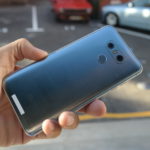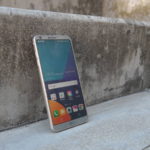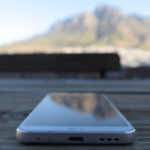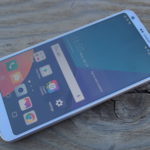Five years ago, launching a decent streaming platform took millions. Now? A teenager with a laptop can build something that reaches millions. That shift…
LG G6 review: what’s the G5 anyway?
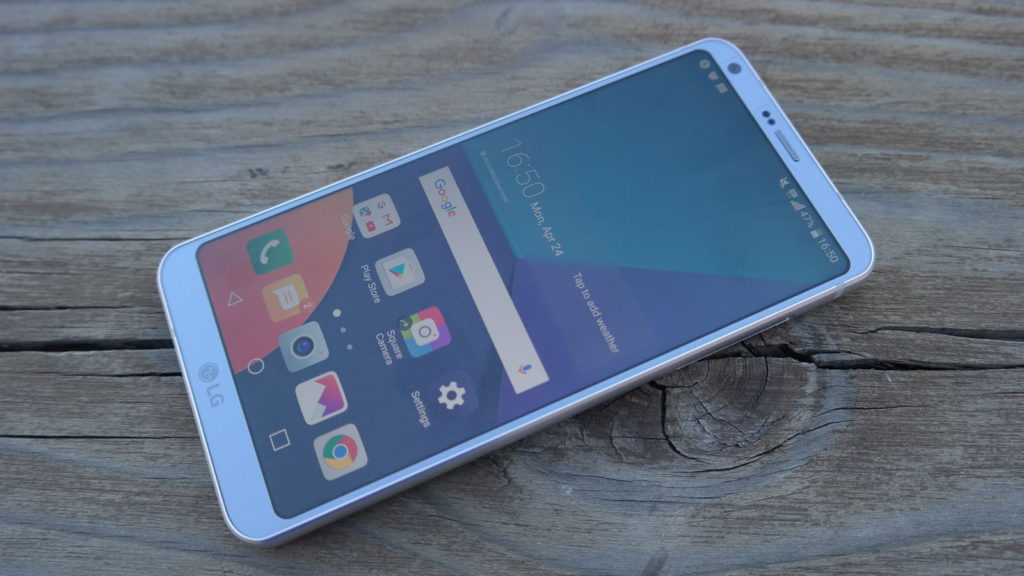
“This feels distinctly unLG.”
Those were my first thoughts upon seeing and holding the LG G6 back in February. That’s not necessarily a bad thing though, as the last couple of years have seen the company deliver a variety of weird and whacky hardware flourishes.
There was the LG G4 and its faux leather back (a design choice I really like, by the way). Then there was the G Flex 2 and its flexible design, replete with self-repairing back, powered by the furnace that was the Snapdragon 810. But LG pressed on and took a step too far by our reckoning, with its G5.
Featuring a magazine slot for the undersized battery and expensive hardware add-ons, the G5 saw LG make big compromises for the sake of hardware design.
Fortunately, there’s a sense that LG has reined itself in with the G6, but still managed to produce something special. In fact, the G6 feels like an alternative design for the G5 that was thrown out because the company wanted a gimmicky magazine slot at all costs.
Has LG out-Samsunged Samsung?
The first thing you’ll notice about the LG G6 is the tall 18:9, 2880×1440 display, being a 5.7-inch LCD screen. This puts it in the same size ballpark as the Pixel XL and Samsung Galaxy Note 7. Yet it feels smaller than other 5.7-inch smartphones. Hell, the form factor means that it also feels more comfortable and slightly smaller than the likes of the Galaxy S7 Edge and iPhone 7 Plus.
LG’s use of a high screen/body ratio is the main reason for this comfortable form factor, drastically reducing the top and bottom borders in favour of more screen. Together with the tall screen, this all contributes to a smartphone that won’t burst at your pocket seams.
Much like Samsung, LG has opted for a glass and metal design. So there are those metal rims and antenna strips that are all the rage these days, as well as a back that feels like a mix of plastic and glass. Look at the back and you’ll find the flush camera housing as well as a rear-mounted fingerprint scanner/power button. The latter works well most of the time, but I did find that I’d occasionally have to press and/or touch the scanner a few times to unlock the phone. Weird, but it doesn’t happen often enough to be a major issue.
In any event, the only real complaint I had was that the volume keys (on the side of the phone) aren’t on the back, as per LG tradition.
As for other inputs and outputs, we’ve got the aforementioned volume keys on the left-hand side, a USB Type-C port and speaker grille at the bottom, microSD/SIM bay on the right and earphone jack at the top. An infrared blaster would’ve been a lovely bonus though.
LG’s latest phone is a big step up from the innovative but flawed G5 design
Nevertheless, the LG G6 definitely makes the G5 feel like a distant memory in the hardware department. And the cherry on top is that the phone is IP68 water/dust resistant, being the highest rating on the IP scale. I was able to use it in a stream without issue, taking photos and videos in the process.
In saying so, I did encounter a weird issue when I got home. I washed the phone (with clean water only), dried it and then left it for about 90 minutes. I then plugged in the charger and the phone claimed that “moisture was detected” in the charging port. So I dried the port with toilet paper and a towel and it still refused to charge. I then decided to let it stand for another 15 minutes (upright) and this did the trick.
The phone then refused to connect to my personal or work computers via USB cable. So I restarted the handset — and it didn’t boot up again. I had to do the old “volume down+power button” trick to do a reset. Fortunately, I’ve had no problems since then, but it was rather weird and worth noting.
More on that display
LG has spent a lot of time talking about the 18:9 LCD screen, which also features Dolby Vision HDR and HDR10 capabilities.
Again, it’s a rather tall display, echoing memories of the iPhone 5 and its tall 4-inch screen. And if you’ve got hands like mine, you will need to stretch a little to activate the dropdown menu, but I didn’t need to shuffle my hand really.
Otherwise, that 18:9 screen ratio also comes into play for multitasking, allowing you to have two perfect square windows side-by-side. I’m not one for split-screen multitasking on the small screen, but I found it worked well enough with quite a few apps. I was able to have WhatsApp and a YouTube video open in two square windows, making for a mildly interesting/useful scenario.
It’s nice to know that this feature is there, but LG will need to add a few more compatible apps to the mix to make it remotely worthwhile. After all, the native music app isn’t compatible just yet. Then again, I went out of my way to use it, but I don’t foresee people actually using this feature much, owing to the small display of smartphones.
Being an LCD screen, the LG G6’s display gets suitably bright and the screen had no real issues in direct sunlight. As for colours, the G6 doesn’t disappoint here either, as my snaps looked lush. If anything, the whites seemed a little off for my tastes, and I would’ve liked a temperature control slider of sorts (I couldn’t seem to find one). But all in all, the 18:9 screen and its curved corners make for a slick, aesthetically pleasing experience.
The G6 display also supports HDR but unfortunately, Netflix doesn’t support the G6 just yet and we’re not sure about the status of Amazon Prime’s mobile HDR. Even YouTube’s app doesn’t seem to offer any hints of mobile HDR support. It all makes for a rather messy situation, but one that we’re hoping gets solved pretty soon. Otherwise, what’s the point of an HDR-capable smartphone?
Oh yeah, Andy also noted in his G5 review that the backlight bleed at night was pretty terrible. Those hoping for a big improvement with the G6 will be disappointed, as you’ll still notice the backlight/always-on screen in a pitch dark room. It’s not going to destroy your bleary eyes, but AMOLED, this is not.
Pop the hood
LG opted to use the Snapdragon 821 processor and 4GB of RAM in its 2017 flagship, being last year’s chipset. It’s still a powerful chip, but what do the benchmarks say?
Well, Antutu yields scores of 142 000 and 137 000 in consecutive runs, putting it squarely in Galaxy S7 territory. It’s pretty much in the top 30 most powerful major smartphones then, but expect newer devices to push it down the list.
As for actual performance, the LG G6 is speedy for the most part. You’ll be switching between apps in no time flat, flicking through screens seamlessly and launching apps in short order. I did find that launching the camera app and immediately trying to close it would yield a second or two of no response. But that was about as shaky as the phone was going to get in terms of speed and responsiveness.
In the gaming department, the G6 will run almost everything you put in front of it. We tried OceanHorn, Soul Knight and Desert Island Fishing, with all the titles keeping a brisk pace. In other words, you’ve got a phone that will play the latest games at a smooth pace for at least the next couple of years. In saying so, the latest reports find that the Galaxy S8 is a beast when it comes to GameCube emulation, so if that very specific use-case is what you have in mind…
Of course, LG’s UI is laid over Nougat, so that means solid gallery and music apps, that green/blue colour scheme in various places and a few welcome extras. There’s the 360 wallpaper function,
A tale of two cameras

Lg G6
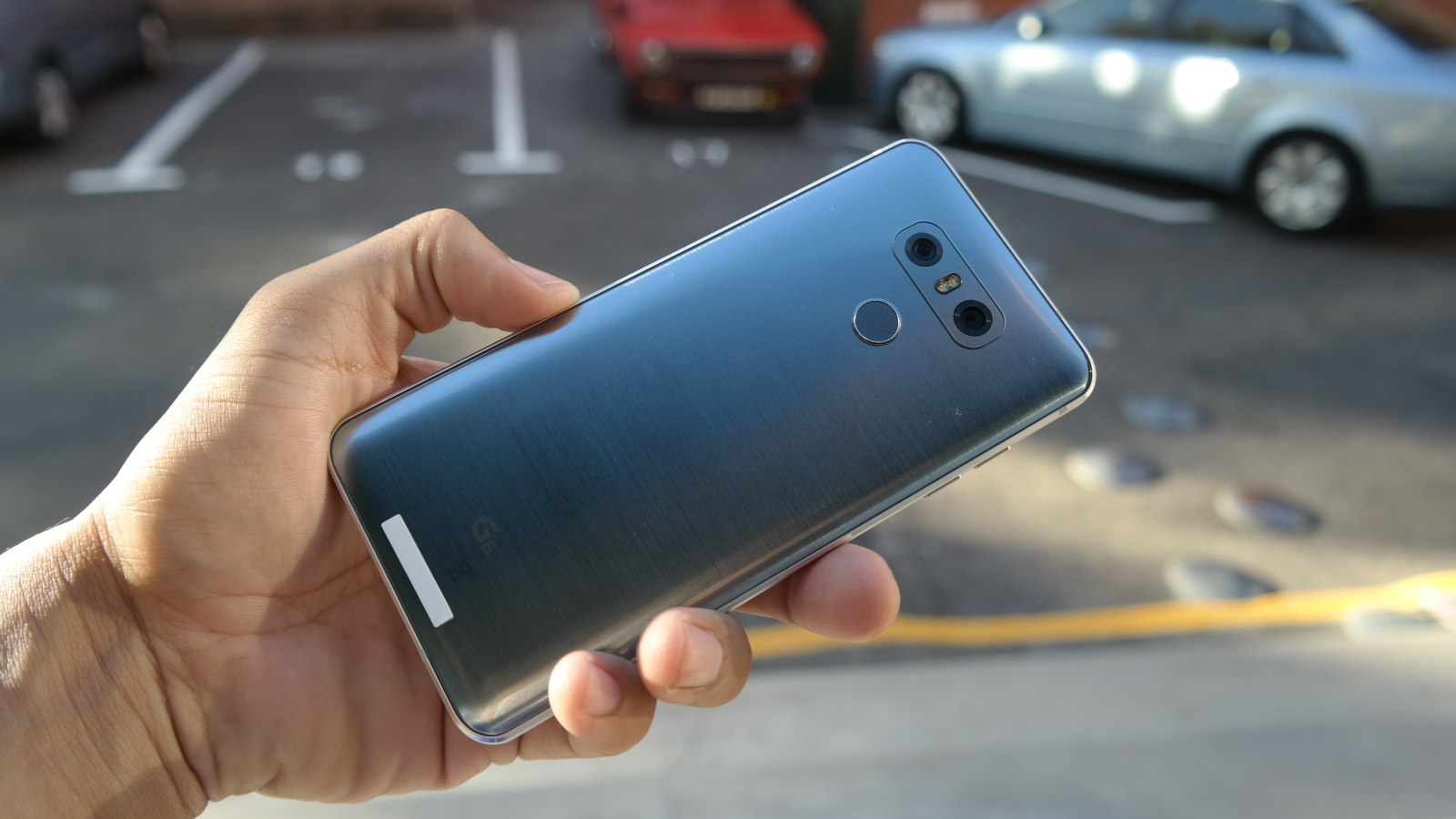
Lg G6
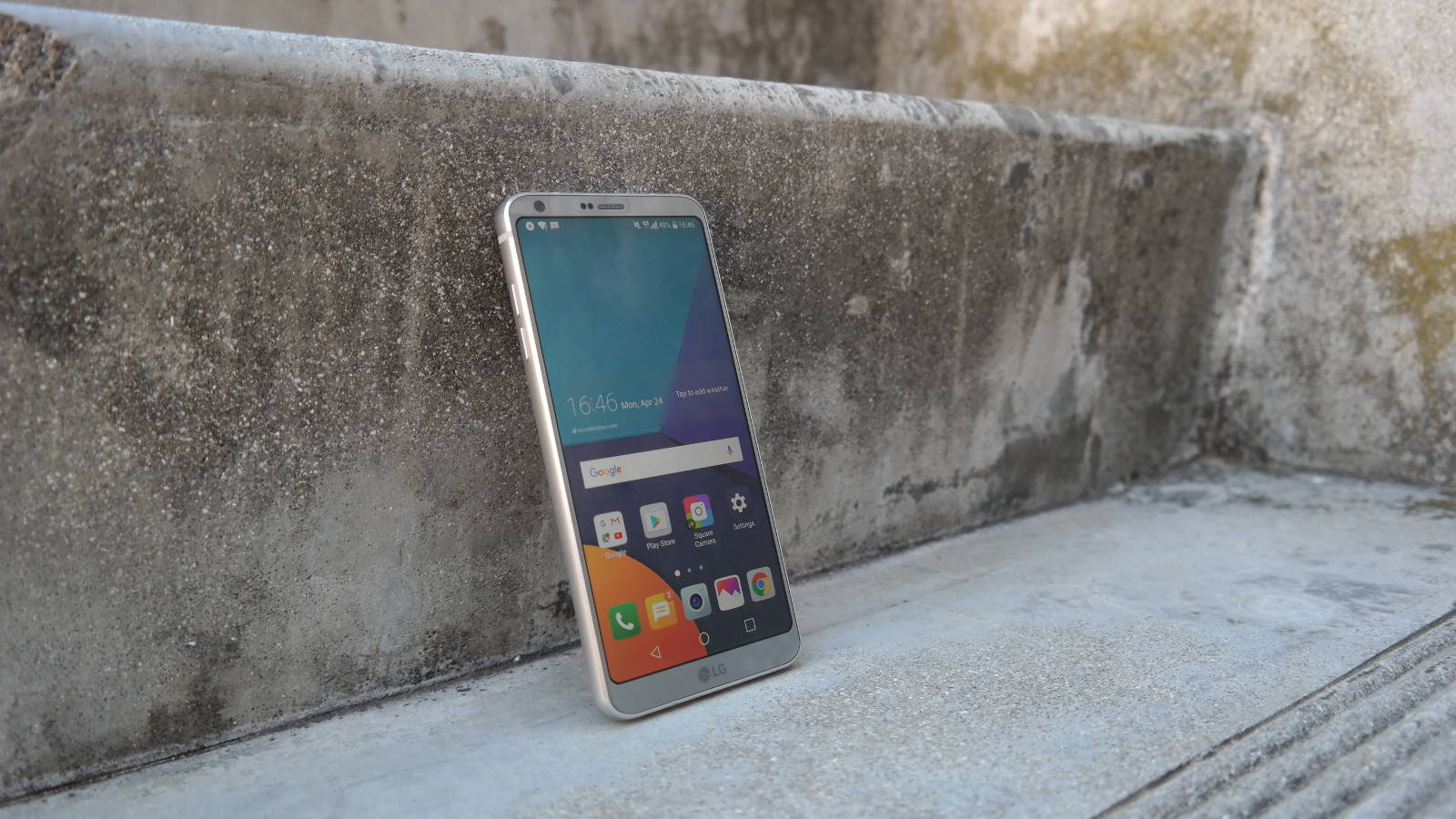
Lg G6
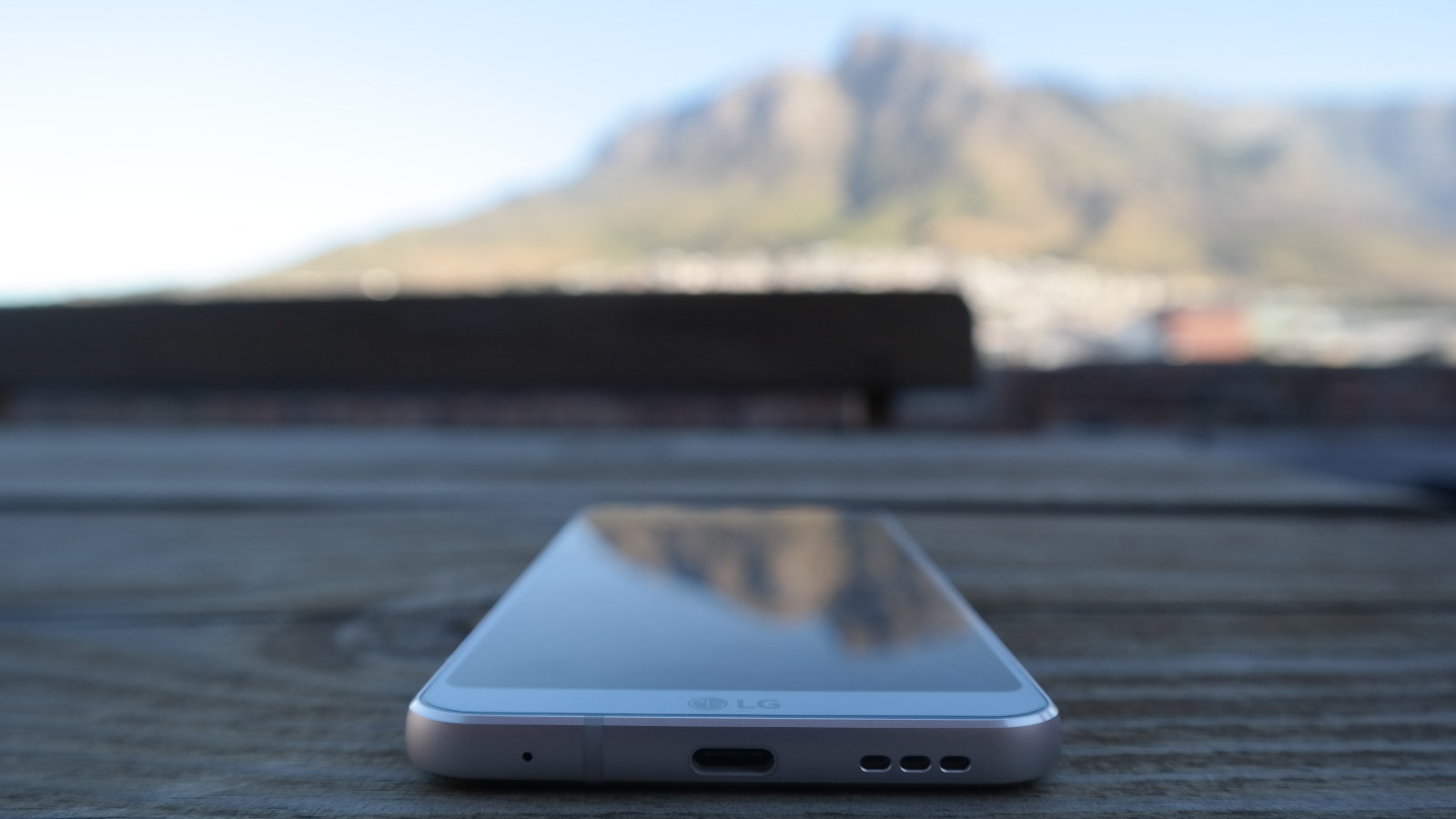
Lg G6
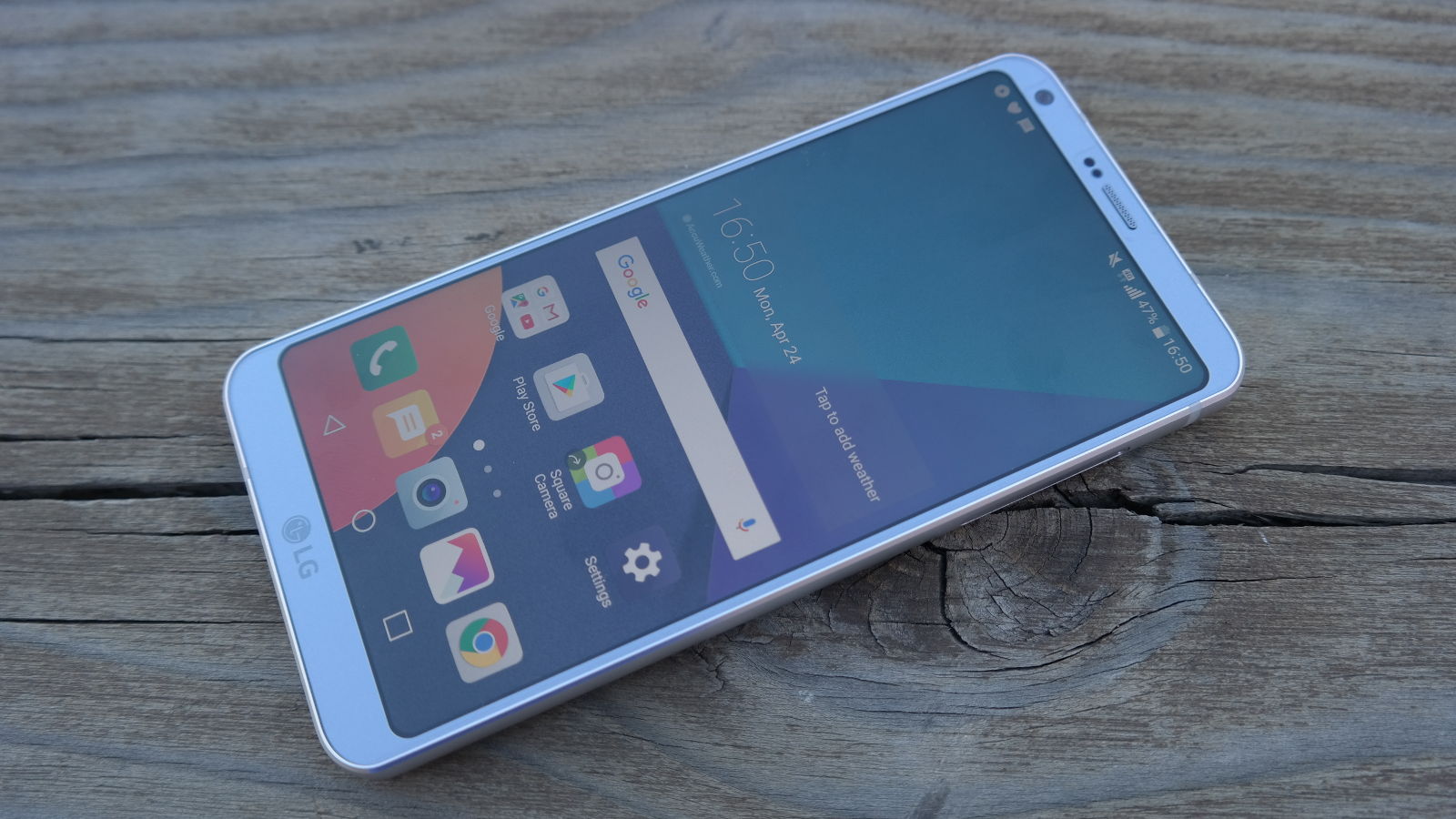
Lg G6 Sample
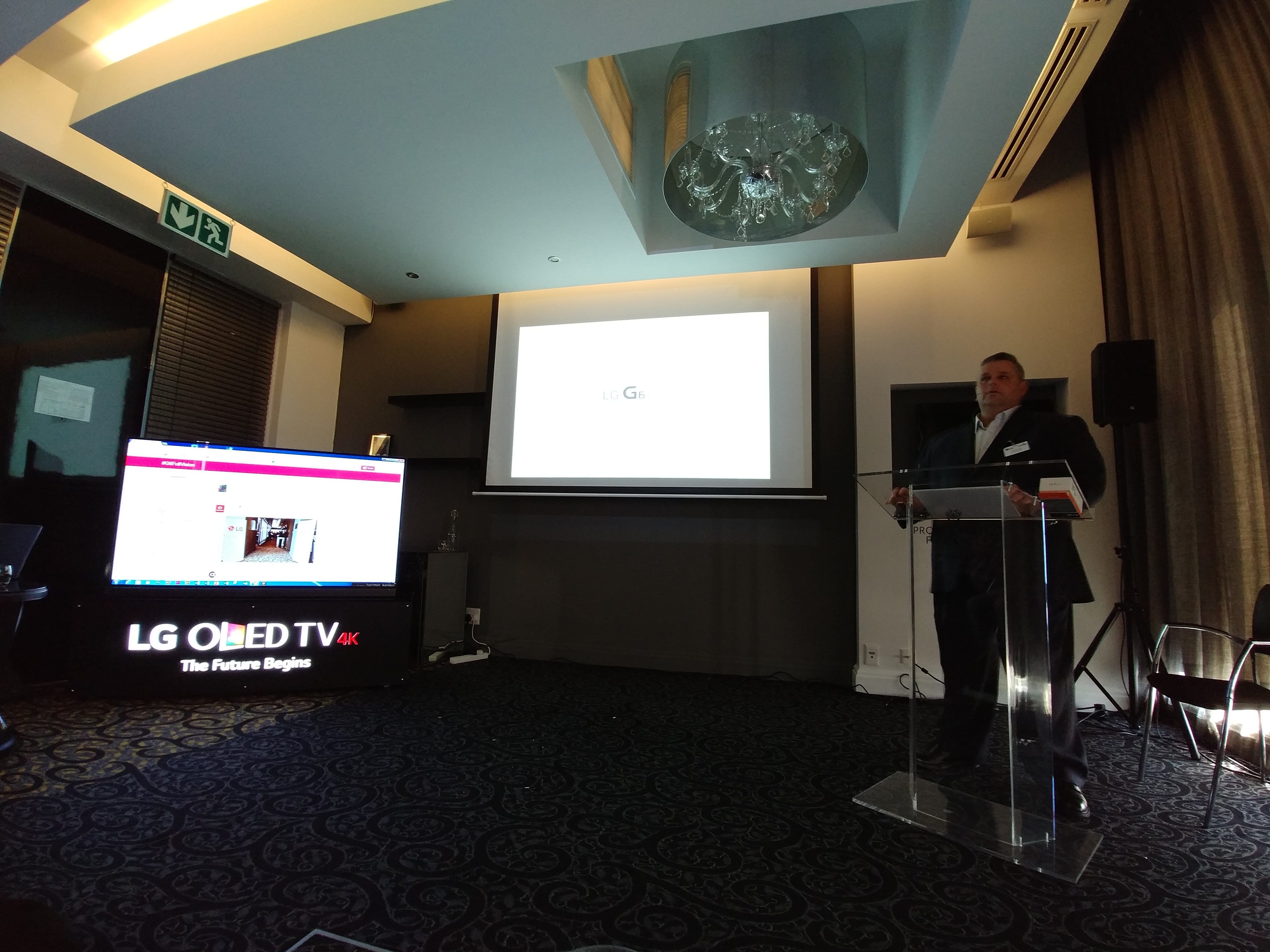
Low-light situations and the f/2.4 wide-angle camera don't go together. Expect plenty of noise.
Lg G6 Sample
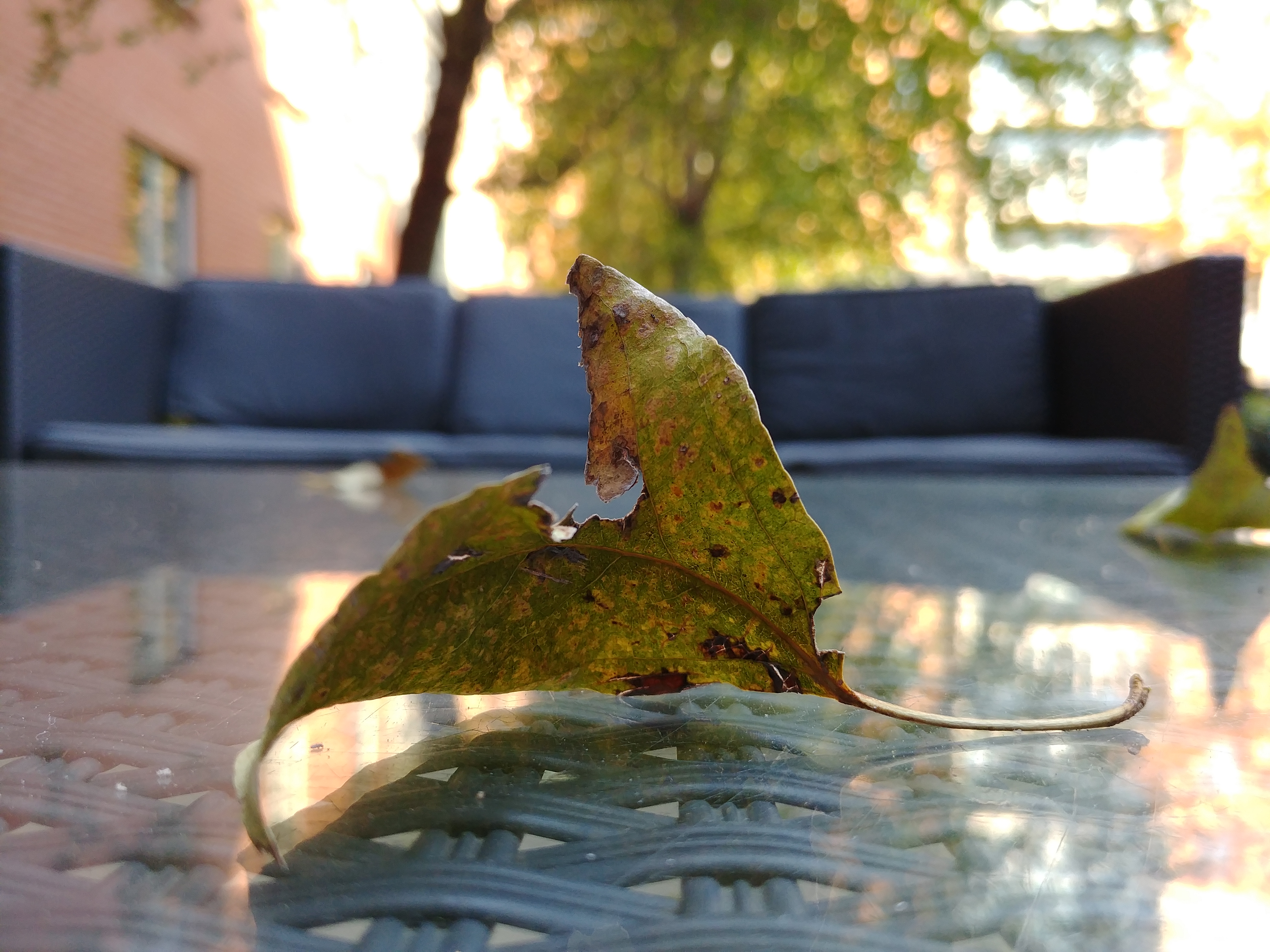
A simple shot, taken at the G6 launch. But we've got well-defined edges and leaf arteries if you look closely.
Lg G6 Sample
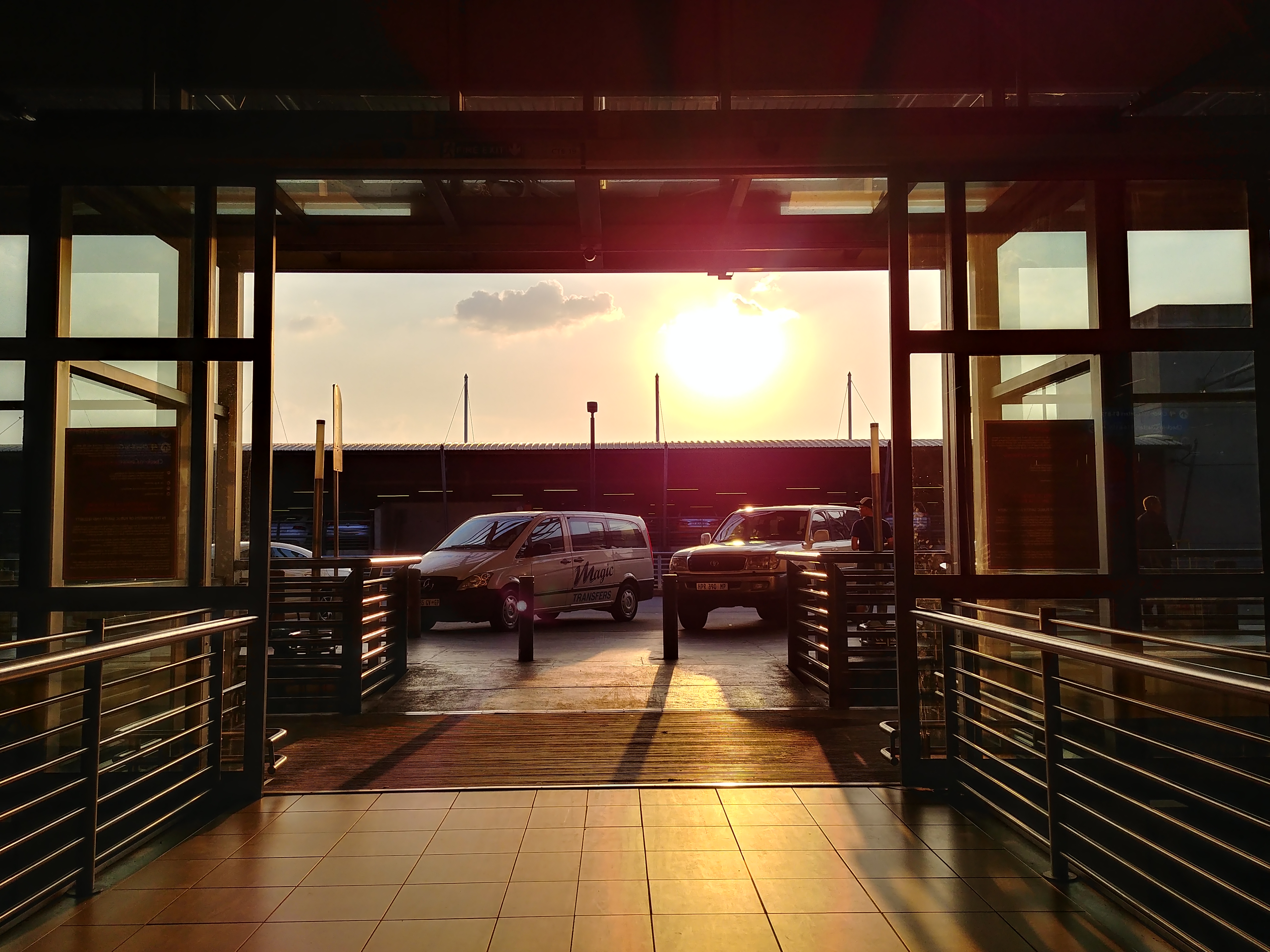
Sometimes, the light is just too good to ignore. The HDR done a fantastic job here, with no ghosting and great colour reproduction.
Lg G6 Sample

There's definitely a gulf in detail when you compare this to the normal shot. But it's a well-realised scene nonetheless.
Lg G6 Sample
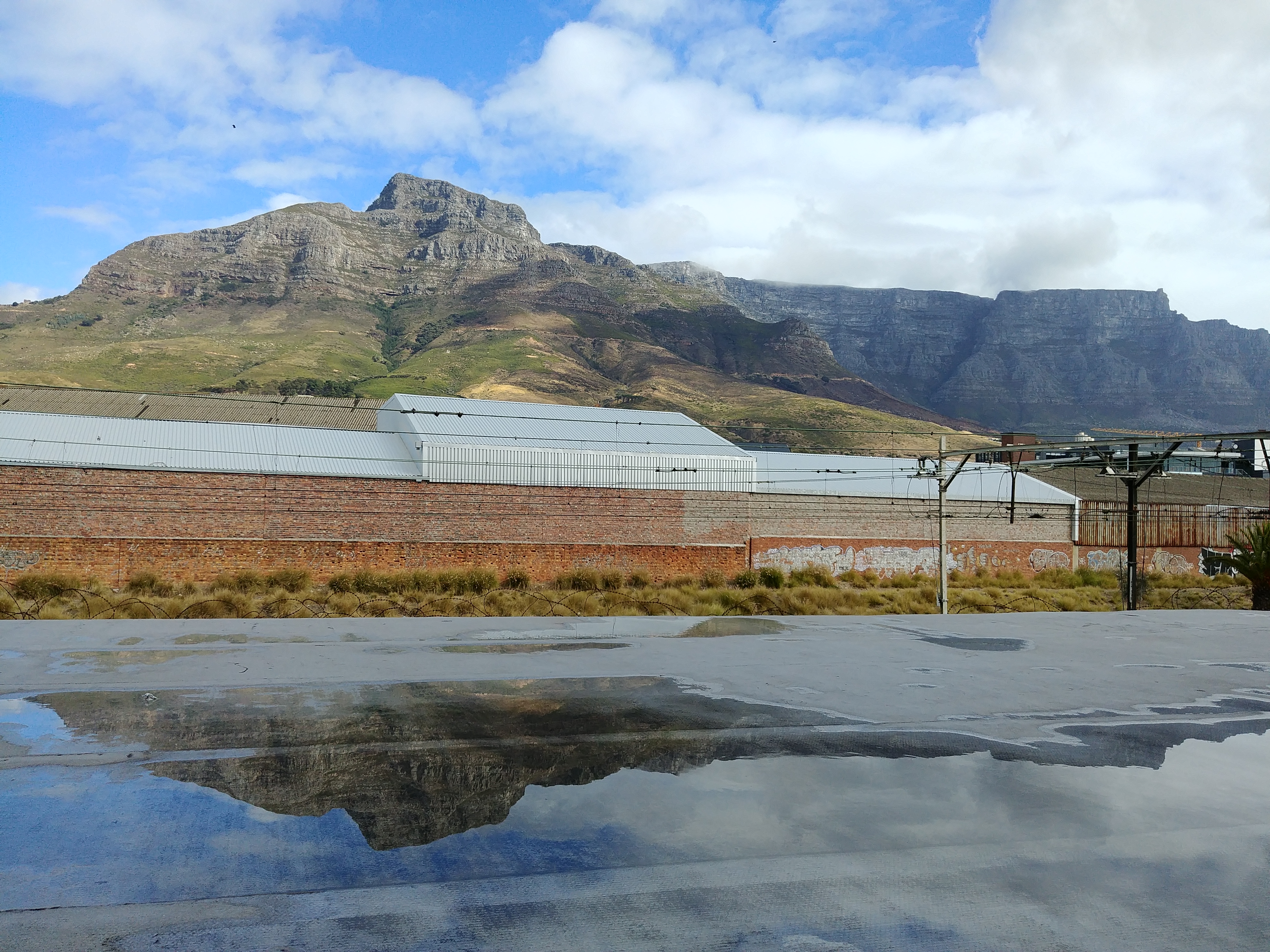
From the crags on the mountain to the reflection, this was well-captured by the G6.
Lg G6 Sample

It's not great, but the dark lighting in this shot helps to hide much of the noise. Now, about that blur...
Lg G6 Sample
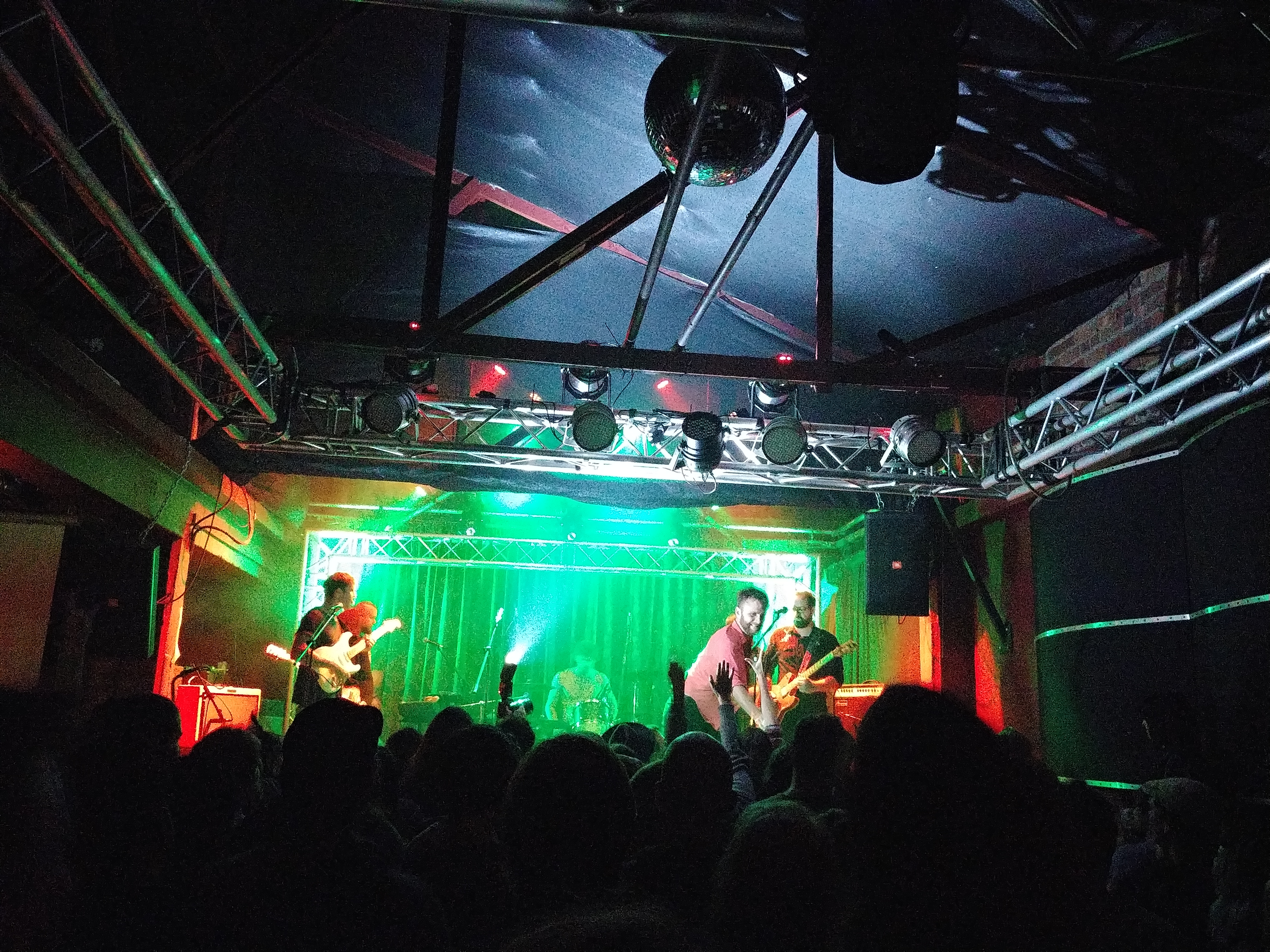
We said the G6 was super unpredictable in low light. Here's a worst-case scenario, in all its splotchy glory, although the light is to blame.
Lg G6 Sample
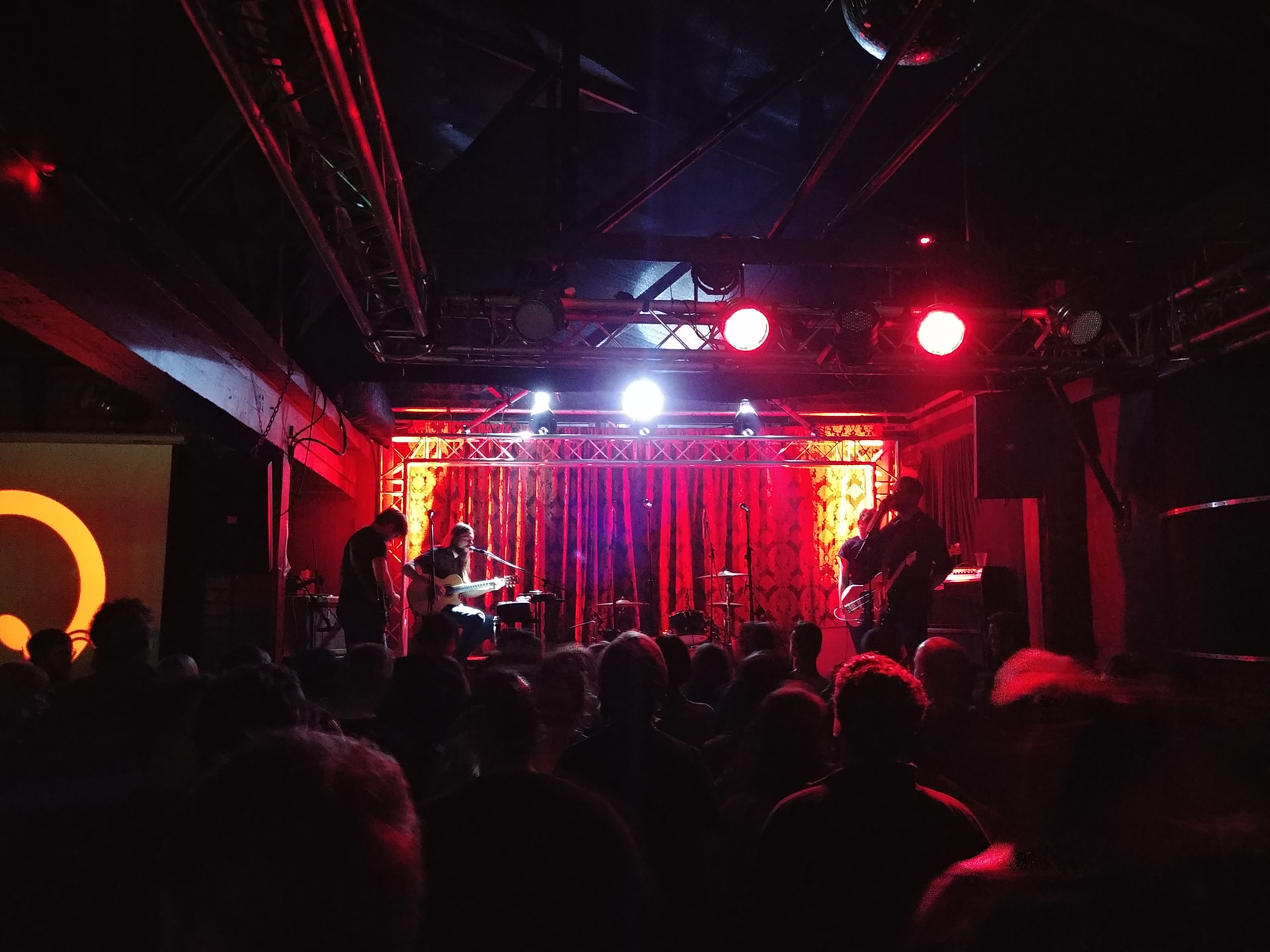
Zoom in and you'll see plenty of noise on stage. But it's a pleasant low-light shot anyway.
Lg G6 Sample

What happens when you stick the G6 underwater? Well, you can get better shots than this. Now, about a touch-disabling option...
Lg G6 Sample

The water droplets pack plenty of detail, but I would've liked to see more of the leaf in focus.
Lg G6 Sample

The LG G5 and V20 used a near-identical camera setup, consisting of a 16MP f/1.8 main camera and a wide-angle f/2.4 shooter right next to it. Now, LG has opted for two 13MP cameras — so that means the normal camera gets a resolution drop and the wide-angle camera gets an upgrade. It’s the right move, I feel, as the main camera still packs loads of detail and the wide-angle camera gets a welcome boost.
Additionally, the camera UI is typical LG, which means it’s pretty intuitive and offers some great manual controls to boot. And you’ll want to use the manual controls because automatic shooting still isn’t as reliable as Samsung and Apple phones. I often found the G6’s auto mode to be wildly unpredictable, especially in low light, where one shot would be grainy as hell and the very next would be very clean.
Manual photo mode is helped tremendously by the long-standing focus peak option, casting a green hue over objects that are in focus. But I would like to see a more Nokia-like take on manual photography, such as being able to dictate which settings are automatically adjusted and which are manually tweaked. For instance, if I want to adjust the ISO and leave the shutter speed on automatic, that would be swell.
Read more: LG G6 – what’s the camera like? Check out these samples
Nevertheless, when the camera gets it right, the results are right up there as one of the best smartphone cameras around. The resulting images in broad daylight pack plenty of resolvable detail, with little noise to be had. As for low light? Well, you’ll need to take multiple snaps in auto mode to get a well-lit, detailed photo. I also found blur to be a big problem in low light while using auto mode. Again, you’ll probably want to use manual mode for night-time snaps.
As for the wide-angle camera, the improved level of detail is definitely welcome, going a long way to shrinking (but not quite closing) the gap to the main camera. You’ll notice a lack of detail when comparing shots side-by-side, but these photos are still very pleasant anyway.
Manual video makes a return
Aside from the wide-angle shooter, manual video mode is another feature that LG has embraced in recent times. And we’re glad to see the option in full effect once again. From bit-rate and frames per second to Hi-Fi Audio and more, manual video delivers a smorgasbord of options for avid videographers.
Our biggest gripe with this mode is that, much like the V20, audio via the two mics can be very hit and miss. For every great live track you recorded, there’s one that sounds awful. In fact, we found that switching to auto video mode often resulted in a more consistent experience (the above video was recorded in auto mode).
Read more: LG G6 – what’s the audio recording like?
There is one other annoyance in the video department though, and that’s the fact that the Hi-Fi Audio recording option doesn’t show up in auto mode. It’s a pity, because having Hi-Fi Audio without worrying about the other sliders would be cool.
In any event, there are a ton of options in manual video mode, and I’m surprised we haven’t seen this in other phones just yet.
Don’t care for video? Then the cool HD Audio Recorder returns as well, offering a concert mode and manual audio recording mode. Much like the V20, the latter lets you tweak file formats, sample rate and more. And the results are mostly great, with interviews and conversations being very clear — the ability to hear the sound, as it happens, via earphones, is a nice touch. Live gigs are far more unpredictable though, so expect the sound to be decent, but not quite as crisp as I’d like it to be.
Battery life
As for endurance, we weren’t blown away by the G6’s battery life or standby time in general.
I made light use of WhatsApp, but spent loads of time on Reddit and listening to music, having enough juice for the next morning. But don’t expect the battery to last two full days in this manner. Standby time isn’t amazing either, and you’ll definitely see a noticeable drop in power after a day or two — I wouldn’t be surprised if the always-on screen is partially to blame.
We also conducted a looping video test, being connected to mobile data and WiFi and turning the manual brightness to 100%. Of course, we used MX Player and a 20 second 1080p/60fps clip. So what were the results?
Well, we got roughly five and a half hours of playback out of the phone. It’s not spectacular by any stretch, being very average, in fact. So those wanting to watch a ton of videos during their travels will need to either keep a power bank handy or go into drastic power saving mode.
All in all, expect to get a full day of mixed usage (social media and music playback) with some power to spare. But two days of everyday usage without power saving functionality is pretty much out of the question.
The real OG(6)?
There’s nothing wrong with going back to the drawing board, but last year’s phone felt like a drastic, compromised departure for the sake of being different. Fortunately, LG went to the drawing board yet again, but emerged with a phone that they can be proud of.
Sure, the G5’s hardware add-ons and removable battery aren’t here, but you’ve got a better battery, more detailed wide-angle camera, water-resistant design and that fantastic form factor. And it’s still got a similar price tag to the G5, coming in at R12 099.
Key specifications
Dimensions: 71.8mm x 7.8mm x 148.8mm
Weight: 163 grams
SIM type: single SIM (nano)
Display: 5.7-inch, 1440×2880, LCD
Chipset: Qualcomm Snapdragon 821 processor | dual-core Qualcomm Kryo 2.35GHz & dual-core Kryo 1.6Ghz | Adreno 530 GPU | 4GB RAM
Storage: 32GB expandable storage (no 64GB model in SA)
Imaging: (Main) 13MP camera f/1.8 aperture with OIS, 13MP wide-angle camera f/2.4 aperture without OIS, dual-tone flash | (Front) 5MP, f/2.2 aperture
Video: 4K at 30fps, 1080p at 60fps
Battery: 3300mAh fixed
Cool features: rear-mounted fingerprint scanner, IP68 water/dust resistance
OS: Android 7.0 Nougat with LG UX
Verdict: The LG G6 doesn’t have the best processor, but it’s got a nippy Snapdragon 821 chip. It doesn’t have the biggest battery but it’s a decently sized 3300mAh pack. It doesn’t have the most reliable camera experience, but it’s capable of taking fantastic snaps anyway. Throw in a water-resistant, ergonomic design and competitive price tag and you’ve got LG’s best phone since the G4.
Score: 8.5 out of 10




